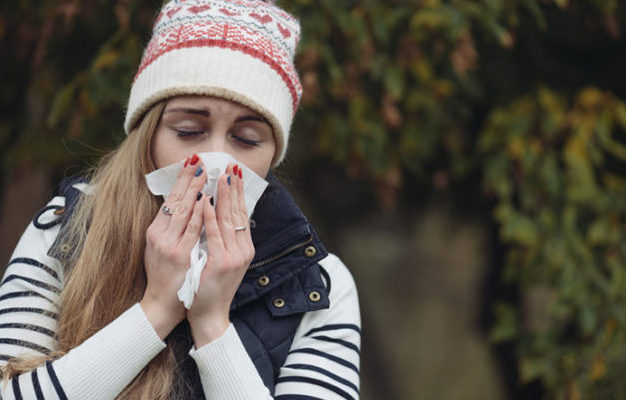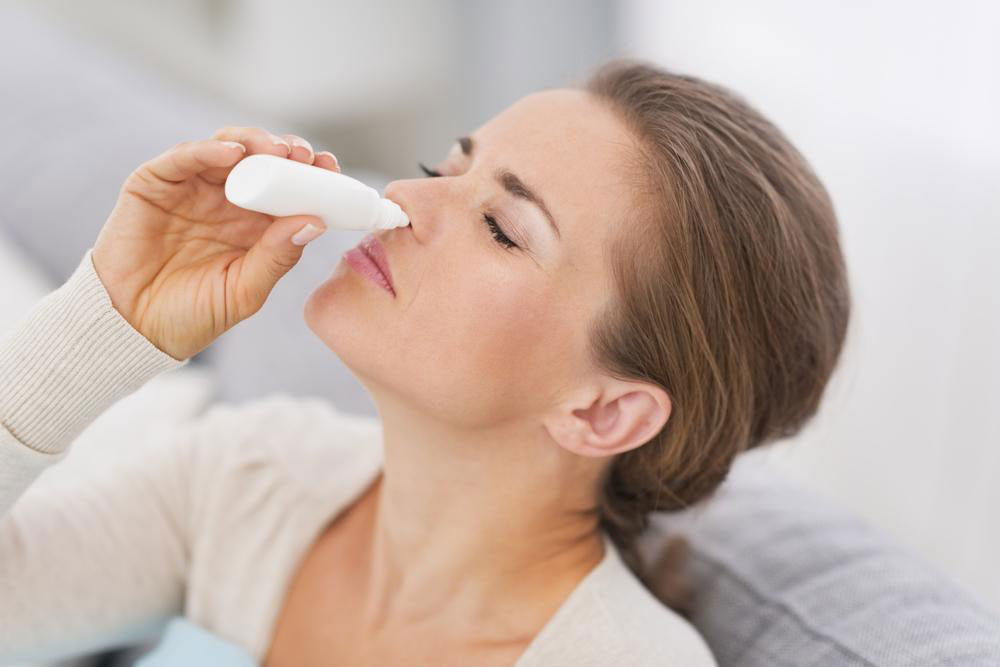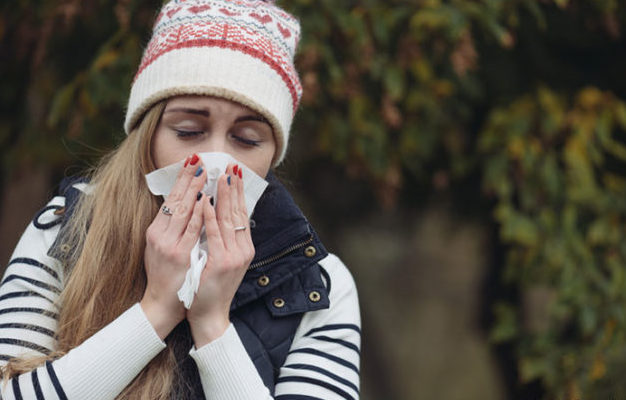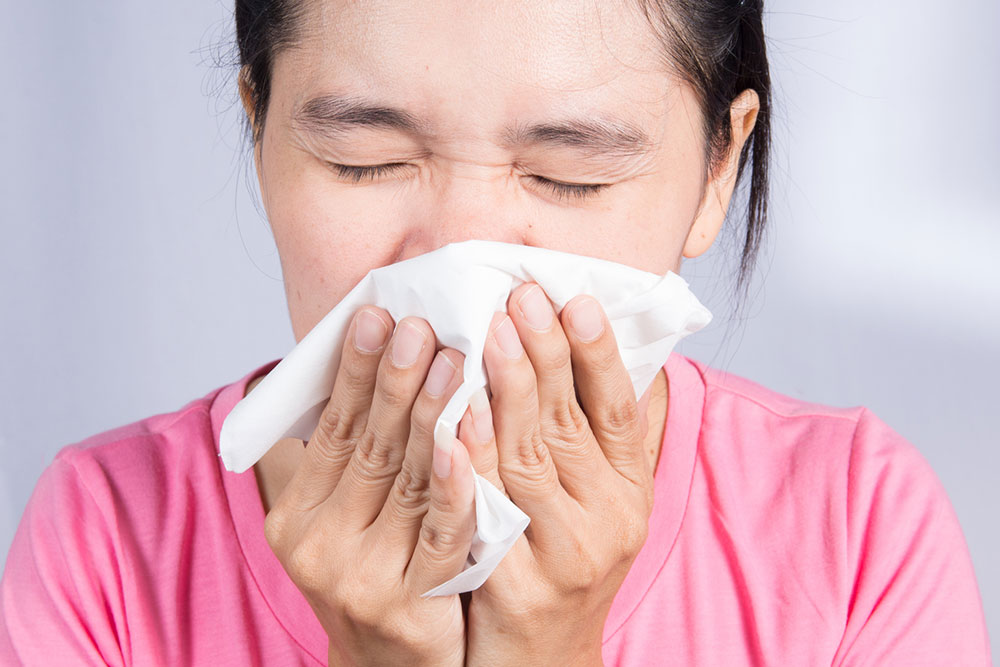Effective Strategies to Alleviate Nasal Congestion
Discover effective methods to relieve nasal congestion through understanding inflammation, using saline sprays, and preparing homemade solutions. These approaches help improve nasal health and ease breathing difficulties caused by allergies or infections.

Strategies for Managing Nasal Congestion
Nasal congestion is a common issue associated with conditions like allergic and nonallergic rhinitis, sinus infections, and nasal polyps. It can also result from physical blockages or sensory nerve changes in the nasal passages. Inflammation of the mucous membranes, driven by various active substances such as histamine, cytokines, and cell adhesion molecules, leads to swelling, increased secretions, and blocked airflow, causing the sensation of congestion. Understanding these mechanisms helps in selecting effective treatments and developing new therapies.
Saline sprays support nasal health by maintaining cilia function—tiny hair-like structures that humidify inhaled air, trap bacteria, and assist the sense of smell. Regular use can help manage conditions like rhinitis and sinusitis by reducing inflammation and supporting nasal tissue health.
When is the Best Time to Use?
Over-the-counter saline sprays and rinses are effective for clearing pollen and other allergens from the nasal passages, especially at day's end. They also add moisture during dry winter months. If using nasal steroids for allergy relief, clinicians recommend first rinsing with saline to remove mucus and debris, ensuring better medication absorption.
How to Prepare a Saline Solution at Home
Making a saline solution at home is simple and effective for nasal rinses. Use a clean container to mix 3 teaspoons of non-iodized salt (preferably kosher salt without additives) with 1 teaspoon of baking soda. Store in a sterilized jar. When needed, blend a teaspoon of this mixture into 8 ounces of sterile, distilled, or previously boiled and cooled water for use with a neti pot, bulb syringe, or spray bottle.










